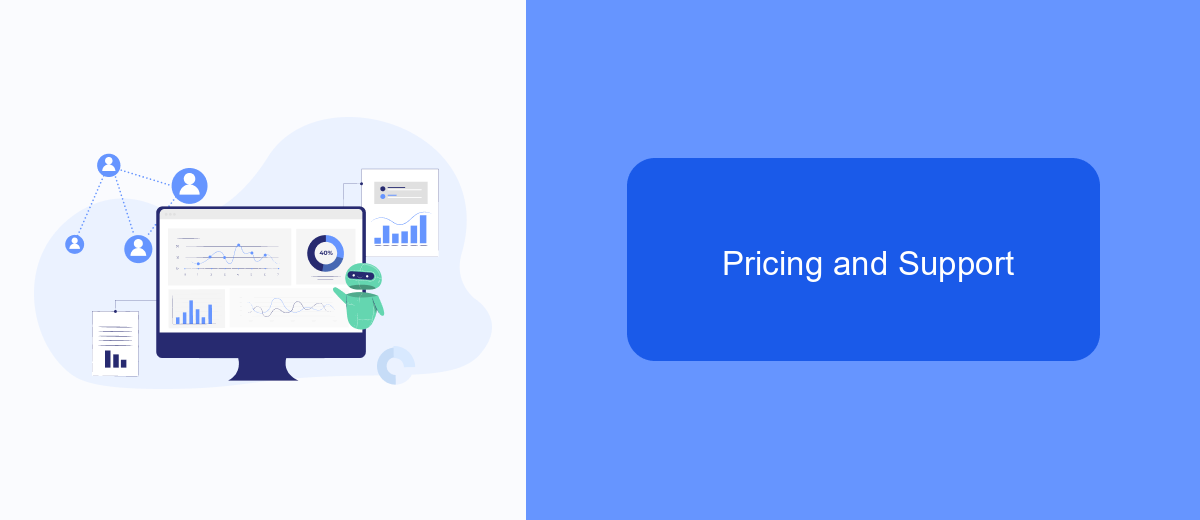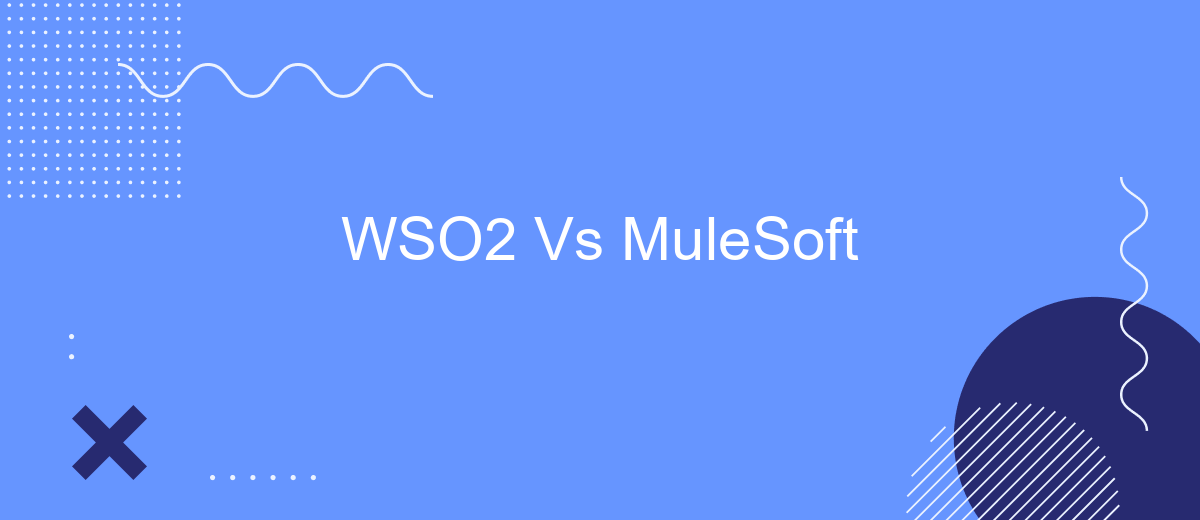When it comes to enterprise integration platforms, WSO2 and MuleSoft are two prominent choices that often come up for consideration. Both platforms offer robust solutions for API management, data integration, and service orchestration. This article aims to provide a comprehensive comparison of WSO2 and MuleSoft, highlighting their key features, strengths, and potential drawbacks to help you make an informed decision.
Introduction
In the rapidly evolving digital landscape, businesses are increasingly relying on integration platforms to streamline their operations, improve efficiency, and enhance customer experiences. Two of the leading players in this space are WSO2 and MuleSoft. Both platforms offer robust solutions for API management, integration, and microservices, but they cater to different needs and use cases.
- WSO2 provides a comprehensive open-source platform that supports API management, integration, and identity management.
- MuleSoft, on the other hand, is known for its Anypoint Platform, which offers a unified solution for API design, development, and management.
- SaveMyLeads is another notable service that simplifies the integration process by automating data transfer between various applications and services, making it easier for businesses to manage their workflows.
Choosing the right integration platform depends on various factors, including the specific needs of your business, the complexity of your IT infrastructure, and your budget. In this article, we will compare WSO2 and MuleSoft, examining their features, benefits, and use cases to help you make an informed decision.
Key Features and Comparison

WSO2 and MuleSoft are two prominent players in the integration platform market, each offering unique features. WSO2 is an open-source platform known for its flexibility and extensive customization options, making it ideal for businesses with specific integration needs. It supports a wide range of protocols and provides robust API management capabilities. MuleSoft, on the other hand, is a commercial solution that emphasizes ease of use and rapid deployment. It offers a comprehensive set of pre-built connectors and a user-friendly interface, which simplifies the integration process for businesses of all sizes.
When comparing the two, WSO2's open-source nature allows for greater control and cost-effectiveness, especially for organizations with in-house development teams. MuleSoft's strength lies in its extensive ecosystem and support services, which can accelerate time-to-market. Additionally, services like SaveMyLeads can complement both platforms by offering automated data integration solutions, further streamlining business processes. Ultimately, the choice between WSO2 and MuleSoft depends on the specific needs and resources of the business, with WSO2 favoring customization and MuleSoft excelling in user-friendliness and support.
Use Cases and Implementation

When considering the implementation of WSO2 and MuleSoft, both platforms offer robust solutions for enterprise integration. Each has its unique strengths and is suited for specific use cases depending on the business requirements and technical landscape.
- API Management: MuleSoft excels in API management with its Anypoint Platform, providing extensive tools for designing, building, and managing APIs.
- Enterprise Service Bus (ESB): WSO2's ESB capabilities are highly regarded for their flexibility and performance in integrating various services and applications.
- Cloud Integration: Both platforms support cloud integration, but MuleSoft offers more comprehensive out-of-the-box connectors for popular SaaS applications.
- Microservices Architecture: WSO2 is well-suited for microservices architecture, offering tools that simplify development and deployment.
- Data Integration: SaveMyLeads can be a valuable add-on for both platforms, automating data integration processes and ensuring seamless data flow across different systems.
In conclusion, the choice between WSO2 and MuleSoft should be guided by the specific integration needs of the organization. Both platforms have their advantages, and tools like SaveMyLeads can further enhance their capabilities by automating and streamlining data integration tasks.
Pricing and Support

When comparing WSO2 and MuleSoft, pricing and support are crucial factors to consider. Both platforms offer a range of pricing models to cater to different business needs, but they differ in their approach and structure.
WSO2 offers a more flexible and transparent pricing model, with options for both on-premise and cloud deployments. MuleSoft, on the other hand, typically has a higher cost of entry due to its comprehensive feature set and enterprise focus.
- WSO2: Subscription-based pricing with transparent costs.
- MuleSoft: Tiered pricing model, often higher initial costs.
- SaveMyLeads: Affordable integration setup services to streamline workflows.
Support is another key consideration. WSO2 provides extensive community support and a variety of paid support plans. MuleSoft offers premium support services, which are often included in their higher-tier pricing. Additionally, platforms like SaveMyLeads can assist with integration setups, making it easier to manage complex workflows without extensive in-house expertise.
Conclusion
In conclusion, both WSO2 and MuleSoft offer robust integration solutions, each with its unique strengths and capabilities. WSO2 stands out with its open-source model, providing flexibility and cost-effectiveness, making it an excellent choice for organizations seeking customizable solutions. On the other hand, MuleSoft's Anypoint Platform excels with its user-friendly interface and comprehensive out-of-the-box connectors, which streamline the integration process and reduce time-to-market.
When choosing between WSO2 and MuleSoft, it is crucial to consider the specific needs and resources of your organization. For those who require a more hands-off approach with pre-built integrations, services like SaveMyLeads can further simplify the process by automating data transfer between various applications. Ultimately, the decision should align with your strategic goals, technical requirements, and budget constraints to ensure a successful and efficient integration strategy.
- Automate the work with leads from the Facebook advertising account
- Empower with integrations and instant transfer of leads
- Don't spend money on developers or integrators
- Save time by automating routine tasks
FAQ
What are the primary differences between WSO2 and MuleSoft?
Which platform is more cost-effective, WSO2 or MuleSoft?
How do WSO2 and MuleSoft handle API management?
Can I use WSO2 or MuleSoft for real-time data integration?
Are there services available to help implement WSO2 or MuleSoft?
Are you using Facebook Lead Ads? Then you will surely appreciate our service. The SaveMyLeads online connector is a simple and affordable tool that anyone can use to set up integrations for Facebook. Please note that you do not need to code or learn special technologies. Just register on our website and create the necessary integration through the web interface. Connect your advertising account with various services and applications. Integrations are configured in just 5-10 minutes, and in the long run they will save you an impressive amount of time.

